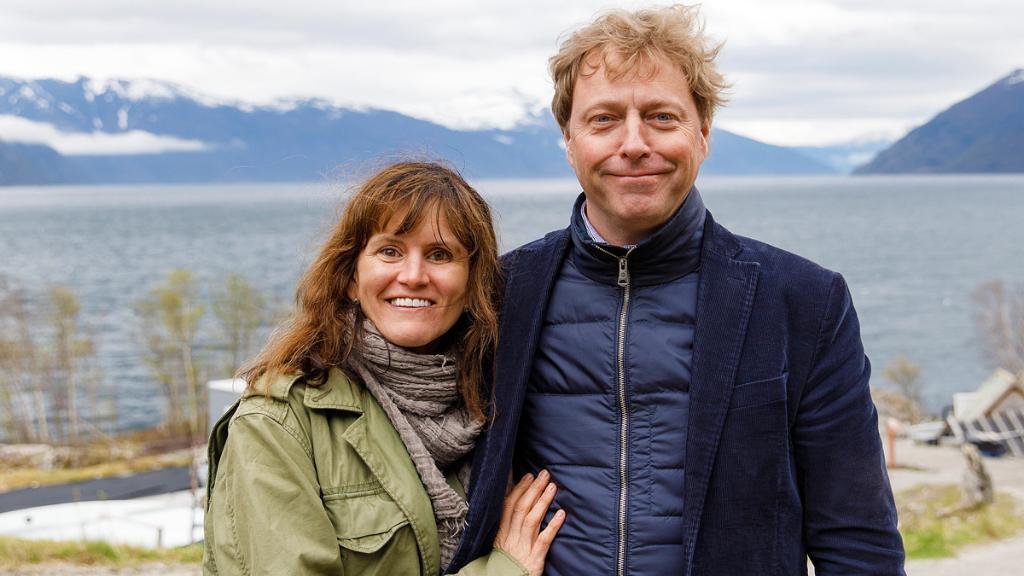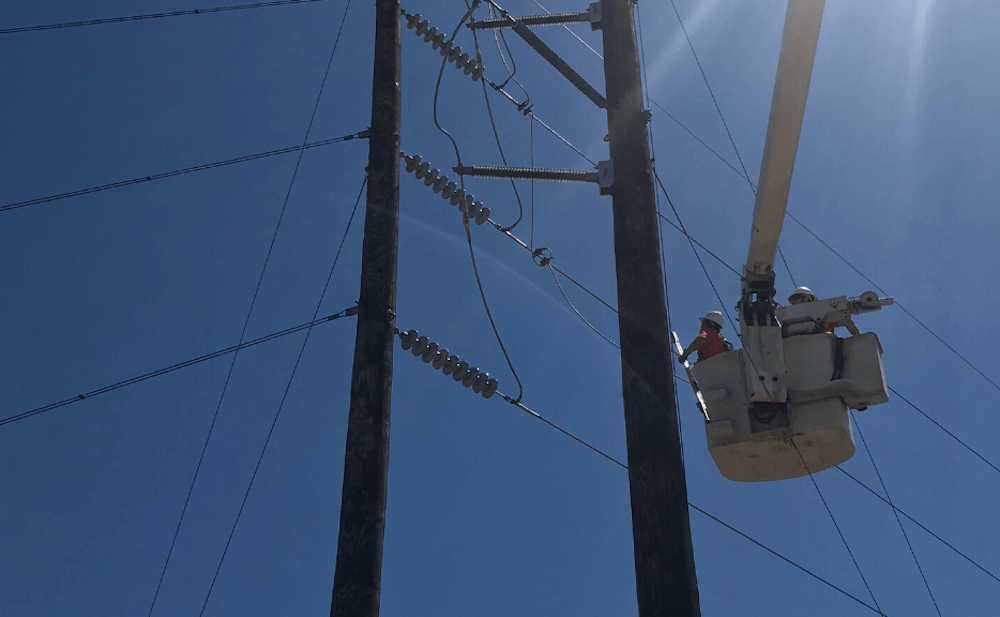ImpactAlpha, April 1 – European Commission President Ursula von der Leyen calls the the E.U.’s ambitious plan to become carbon neutral by 2050, “our new growth strategy.” At Phenix Capital’s (virtual) Impact Summit this week, representatives of Europe’s pension funds, impact investors and investment advisors hashed out exactly who and what will benefit from that strategy.
“We’re seeing companies in some specific sectors—renewables, insulation, energy efficiency—with large inflation of valuations [because of] a massive increase in possible upside in the addressable market,” said Luc Olivier of French asset management firm La Financière de l’Echiquier. “That will flow more capital to impactful companies.” The highlights:
Supply and demand
The green-bond premium has some investors taking a pass. “We’re seeing such a huge demand for green bonds that it’s really pushing the limit on pricing. We’re opting out a lot these days, because they’re just too expensive,” said Peter Lööw of Alecta, which manages about $125 billion on behalf of Swedish pension funds. “But it shows the demand from the investor side. I’m hoping for the supply to solve the problem.”
Fueled by data
Green policy signals have tuned investors into sustainability disclosures that align with the European reporting requirements and the proposed Taxonomy Regulation for sustainable investments, which will affect any firm operating in Europe as well.
“I think we’re at the beginning of a transformation where there will be more transparency coming from companies themselves,” said EY’s Arno Scheepens.
The European Commission’s Life Cycle Assessments framework for analyzing the environmental impacts of products aims to facilitate a “single green market” by making results comparable across companies, products and markets, he said.
Year of the ‘S’
Measurement of social impact trails environmental reporting. “I can find the average profile for the environmental impact of a kilogram of steel,” Scheepens said. “What I cannot access right now is a database which tells me how many worker hours have been put into that product.”
The Nature Conservancy’s Jennifer Morris emphasized the social impacts of advancing the green economy. “The health of our families, our communities and our economies are inextricably linked to the health of our environment,” she said. “Biodiversity is the underpinning of human and planetary health.”











